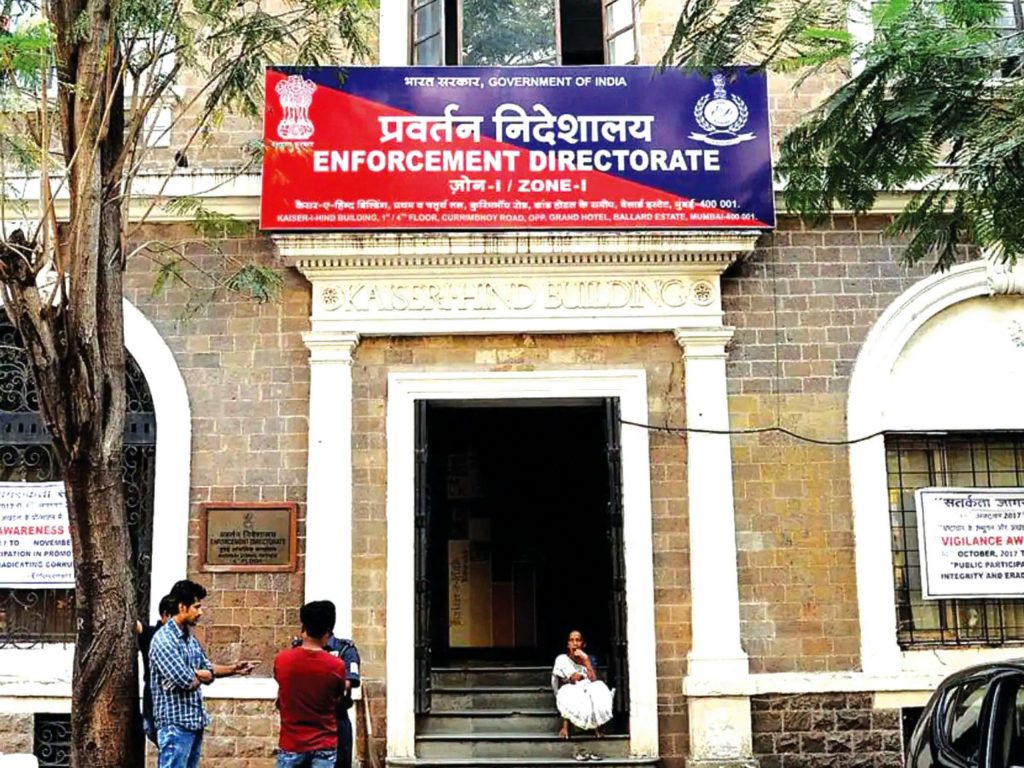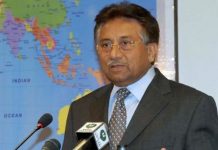
Reacting to the government granting a third extension to ED chief, the Apex Court observed, ‘Is there no other person in the organisation who can do his job? Can one person be so indispensable?’
There is a famous saying that “Caesar’s wife must be above suspicion”, meaning thereby that if one is involved with a famous or prominent figure or institution, one must avoid attracting negative attention or scrutiny. Caesar divorced his wife Pompeia, saying that “my wife ought not even to be under suspicion”. The recent Supreme Court observations pulling up the government for granting a third extension to Enforcement Directorate (ED) chief has created such a piquant situation. The Apex Court has observed, ‘Is there no other person in the organisation who can do his job? Can one person be so indispensable?’
The Centre claims that the extension was necessitated by administrative reasons and was vital for India’s evaluation by the Financial Action Task Force (FATF). The barrage of questions from the bench came after the Solicitor General said Mishra’s extension was necessitated because of administrative reasons and was vital for India’s evaluation by the Financial Action Task Force. “The next peer review of India’s legislation on money laundering is to take place in 2023 and, with a view to ensuring that India’s rating does not go down, continuity of the leadership in the Enforcement Directorate is crucial,” Mehta said, adding the person already interacting with the task force is best suited to deal with it and the skills for that is acquired after working in that position for several years.
The SG said though no one was indispensable, in such cases continuity was required. “We are not dealing with individuals, but with the performance of an entire country,” he contended. It may be noted that the Apex court had stated in its 2021 judgment that any extension of tenure granted to officers holding the post of ED Director after attaining the age of superannuation should be for a short period and that no further extension should be given to the incumbent director.
Opposition parties have been accusing the Centre of misusing the ED — the country’s premier agency that investigates cases of money laundering and violation of foreign exchange laws — to settle political scores. Congress and TMC leaders are among the petitioners who have challenged the amended law that allowed extension to the ED chief, even as the Supreme Court had issued notices to the Centre and the directorate a month ago on a petition challenging the ‘unfettered’ powers the ED wields under the Prevention of Money Laundering Act for search, seizure, summons and arrest.
The Supreme Court questioned, “Is there no other person in the organisation who can do his job? Can one person be so indispensable?,” asked the bench. “According to you, there is no one else in ED who is competent? What will happen post-2023, when he does retire?” a bench of Justices BR Gavai, Vikram Nath and Sanjay Karol asked Solicitor General Tushar Mehta, who represented the Centre.
At the start of the arguments, the solicitor general questioned the locus standi of some of the PIL petitioners who have challenged the amended law that allowed extension to the ED boss. “At the outset, I have serious objection with respect to petitions filed by political persons whose party’s senior functionaries are under investigation by the Enforcement Directorate. They have no locus in the matter. Their leaders are facing serious ED investigations and it is not just political investigation as alleged. In one of the cases, we had to bring a cash counting machine because there was so much cash recovered from them…Will this court entertain petitions at the behest of persons who are trying to pressurise the agency ED,” Mehta said. The apex court, however, refused to agree with Mehta’s submission.
“Merely because a person is a member of a political party, can that be grounds not to permit him a petition? Can he be stalled from approaching the court?,” the Bench asked. A batch of petitions, including those filed by Congress leaders Randeep Singh Surjewala and Jaya Thakur, and TMC’s Mahua Moitra and Saket Gokhale, had come up for hearing before the bench.
Earlier extensions to ED chief
According to the latest extension notification issued by the government, the 1984 batch IRS officer will be in office till November 18, 2023. The present ED chief was first appointed the director of the ED for two years on November 19, 2018. Later, by an order dated November 13, 2020, the central government modified the appointment letter retrospectively and his two-year term was changed to three years. The Government promulgated an ordinance last year and later passed law, under which the tenure of the ED and CBI chiefs could be extended by up to three years after the mandated term of two years.
The Supreme Court said it might revisit its 2021 ruling that the tenure of a superannuated officer may be extended only in exceptional circumstances. On September 8, 2021, a Bench of Justices B R Gavai and L Nageswara Rao upheld the Centre’s order extending the tenure of Mishra beyond two years. However, the Bench said that “extension of tenure…to officers who have attained the age of superannuation should be done only in rare and exceptional cases”, and that such extensions “should be for a short period”. The court said, “There is no fetter on the power of the Central Government in appointing the Director of Enforcement beyond a period of two years”. On Section 25(d) of the Central Vigilance Commission Act, 2003, which lays down the minimum tenure of an ED Director, the SC said, “The words ‘not less than two years’ cannot be read to mean ‘not more than two years’.”
Mishra will complete five years as ED chief in November. The Centre has submitted that the extension was given due to a pending review by the Financial Action Task Force, the global terror funding watchdog, and that “continuity would help” the country. It has also said that Mishra would not remain in service after his term comes to an end in November. So far so good but observations by the top Court will certainly put onus on the government and the probe agency Enforcement Directorate to establish that its credentials are above board.













